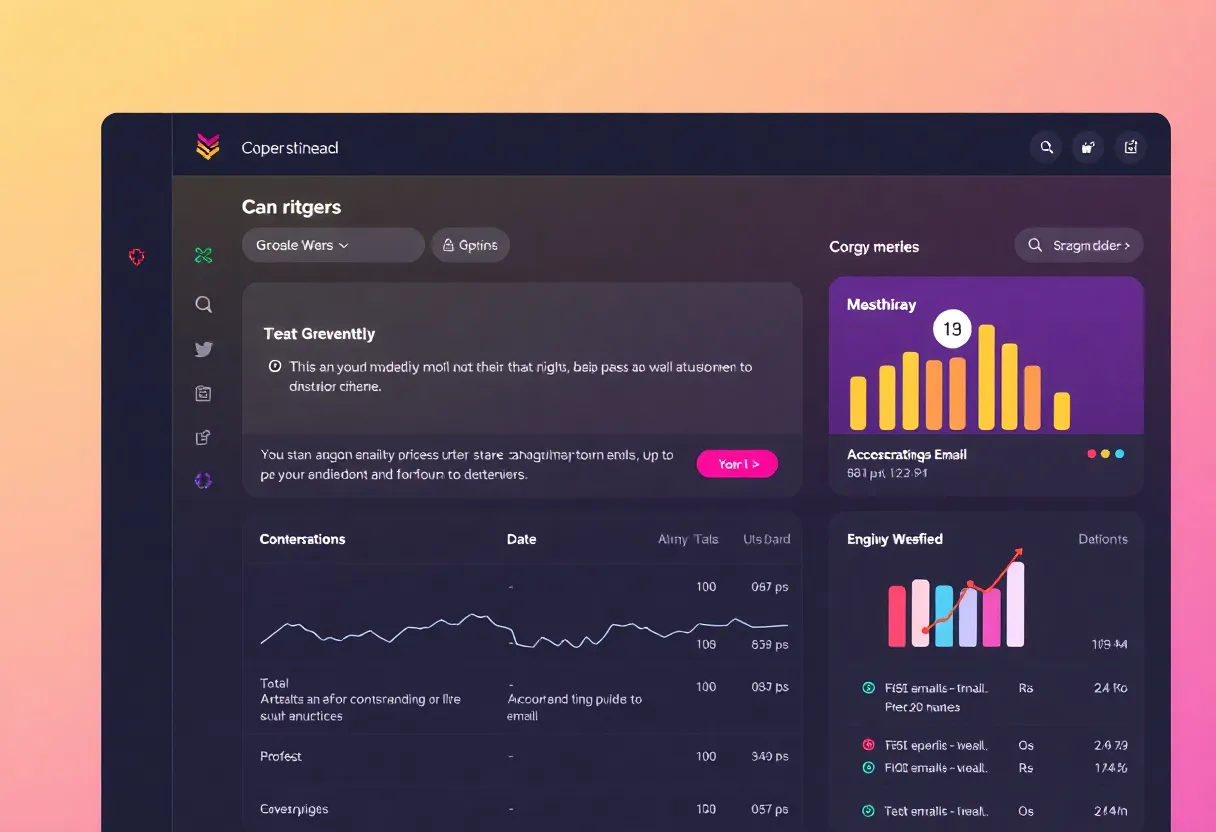How Can You Use Interactive Email Campaigns to Improve Customer Engagement?
Email marketing remains one of the most effective channels for engaging customers. However, traditional email formats often fail to hold a recipient’s attention. This is where interactive email campaigns come into play. By incorporating interactive elements, brands can enhance user experience, boost engagement, and ultimately drive conversions. Below, we explore how you can use interactive emails to foster deeper customer relationships.
Understanding Interactive Emails
Interactive emails allow recipients to engage with the content directly within the email itself. Instead of simply reading text or viewing images, users can take action, such as playing games, filling out surveys, or even browsing product selections without leaving the email. This interactivity transforms the way customers interact with your messaging.
Key Benefits of Interactive Emails
- Enhanced Engagement: Interactive elements keep users engaged longer, reducing the likelihood of email being ignored.
- Improved User Experience: Providing a seamless experience within the email can lead to higher satisfaction.
- Higher Conversion Rates: Emails that encourage interaction tend to have better click-through and conversion rates.
- Gather Valuable Data: Interactivity allows businesses to collect user feedback and preferences effectively.
Elements of Interactive Emails
To create an effective interactive email campaign, consider incorporating the following elements:
1. Surveys and Polls
Use embedded surveys or polls to gather immediate feedback. This not only engages the recipient but also provides you with crucial data regarding customer preferences. A simple question can prompt immediate interaction, furthering the dialogue with your brand.
2. Image Carousels
Image carousels allow customers to swipe through featured products or services. This dynamic feature keeps users interested by enabling them to explore options without leaving their inbox, making it especially valuable for e-commerce brands.
3. GIFs and Animation
Animated GIFs can add a layer of excitement to your emails. They can demonstrate product functionality or highlight ongoing promotions in an engaging way. The visual appeal captures attention and encourages further exploration.
4. Countdown Timers
Incorporating countdown timers can create a sense of urgency and motivate customers to act quickly. These visually appealing elements remind users of limited-time offers, enhancing the likelihood of conversions.
5. Quizzes and Games
Quizzes and interactive games can enrich user engagement significantly. They not only entertain but also provide valuable insights into customer preferences. Rewarding users with discounts or special offers upon completion adds an incentive boost.
Best Practices for Implementing Interactive Emails
1. Know Your Audience
Understand your target audience to tailor content that piques their interest. Research their preferences, behaviors, and how they interact with your brand. Customizing content increases the relevance of your interactive emails.
2. Limit Elements to Avoid Clutter
While incorporating interactivity is vital, excessive elements can overwhelm users. Choose a few key interactive components that align with your campaign goals. Focus on quality over quantity to maintain user attention.
3. Optimize for Mobile
As most users check emails on mobile devices, ensure your interactive elements are mobile-friendly. Test how your emails render on various devices and adjust to provide a seamless experience across all platforms.
4. Measure and Analyze Results
Tracking the performance of your interactive email campaigns is crucial. Analyze open rates, click-through rates, and user interaction levels. This data equips you to refine future campaigns for even better results.
Case Studies: Successful Interactive Email Campaigns
To illustrate the potential of interactive emails, consider the following examples:
Case Study 1: Retail Brand Quiz
A major retail brand launched a campaign featuring a style quiz embedded within their email. Users answered questions about their fashion preferences and received tailored product recommendations. The campaign saw a 25% increase in click-through rates, demonstrating the effectiveness of interactive content.
Case Study 2: Travel Agency Poll
A travel agency included a quick poll about preferred vacation destinations. Following the poll, they shared relevant travel packages. This resulted in a six-fold increase in user interaction and a notable increase in conversions, showcasing the power of direct feedback.
Future Trends in Interactive Email Marketing
The landscape of email marketing is constantly evolving. Here are some trends to watch:
1. Personalization Through AI
Utilizing artificial intelligence allows brands to analyze user data and create highly personalized experiences. Interactive emails powered by AI can suggest products, services, or content based on individual preferences.
2. Advanced Gamification
Gamification in email marketing is likely to increase. Implementing features like progress trackers or achievement badges can enhance user engagement and loyalty. Customers enjoy being rewarded for their interaction, which strengthens brand relationships.
3. Integration with Social Media
Linking interactive elements with social media platforms can widen your audience reach. Encouraging users to share their quiz results or poll responses can drive traffic to your social channels, creating a ripple effect that enhances engagement across various platforms.
Conclusion
Interactive email campaigns provide an unparalleled opportunity to improve customer engagement. By incorporating interactive elements, brands can create immersive experiences that captivate their audience. To succeed, focus on your target audience, utilize best practices, and continually analyze results. The future of email marketing is here—embrace interactivity to establish meaningful connections with customers, drive sales, and gain a competitive edge.
Author: STAFF HERE NOVI WRITER
The NOVI STAFF WRITER represents the experienced team at HERENovi.com, your go-to source for actionable local news and information in Novi, Oakland County, and beyond. Specializing in "news you can use," we cover essential topics like product reviews for personal and business needs, local business directories, politics, real estate trends, neighborhood insights, and state news affecting the area—with deep expertise drawn from years of dedicated reporting and strong community input, including local press releases and business updates. We deliver top reporting on high-value events such as Motor City Comic Con, Michigan State Fair, and Novi Home and Garden Show. Our coverage extends to key organizations like the Novi Chamber of Commerce and Novi Community Foundation, plus leading businesses in automotive, technology, and manufacturing that power the local economy such as Gentherm, Stoneridge, and Daifuku North America. As part of the broader HERE network, including HEREDetroitMI.com, HEREGrandRapids.com, HERENorthville.com, and HEREPlymouth.com, we provide comprehensive, credible insights into Michigan's dynamic landscape.






